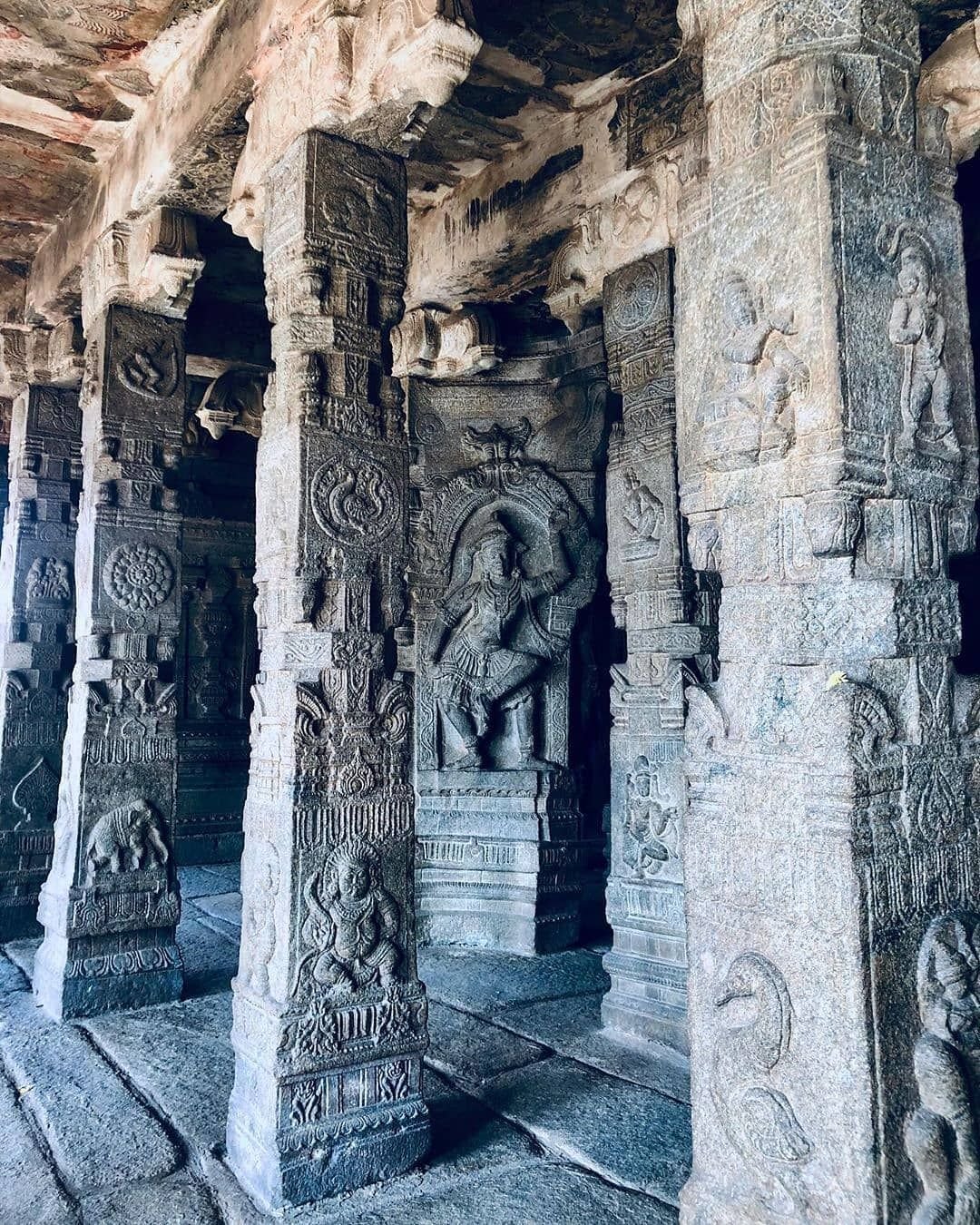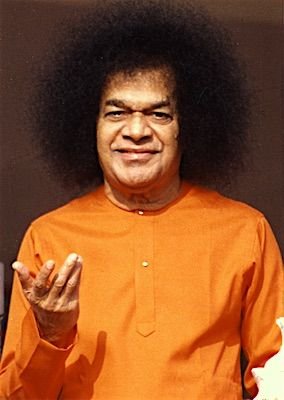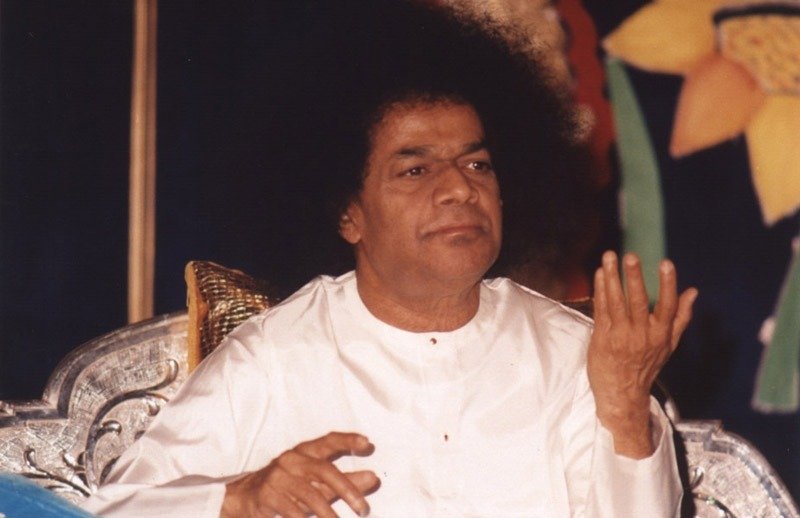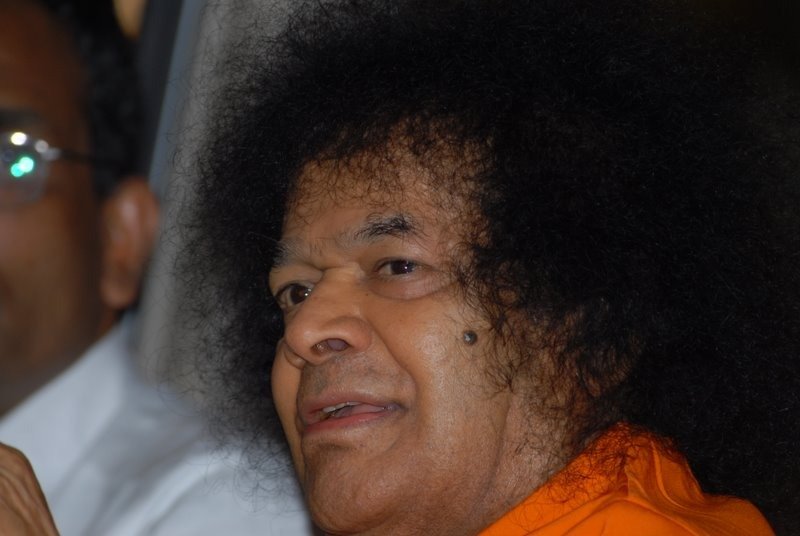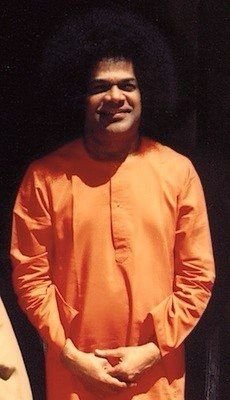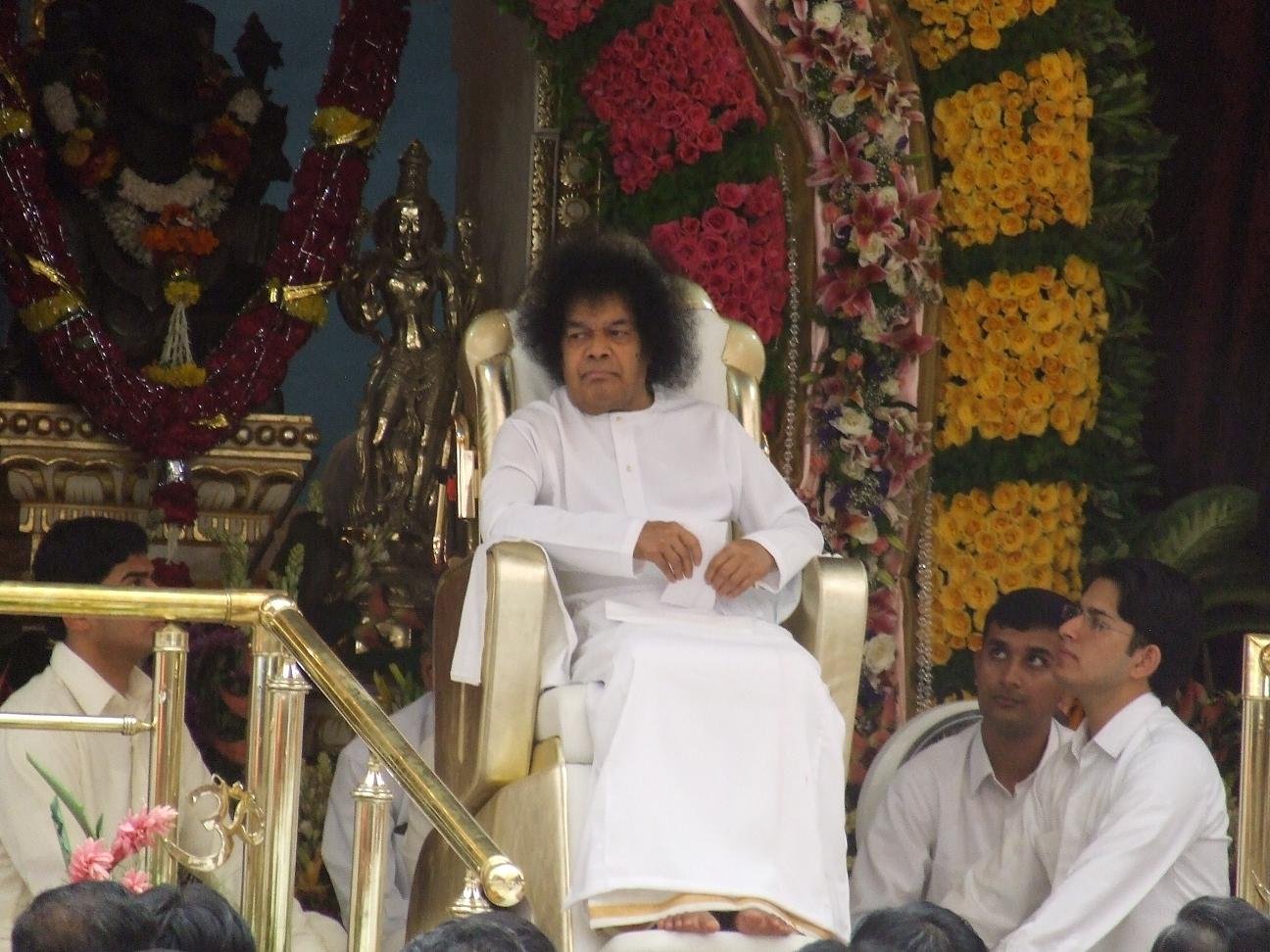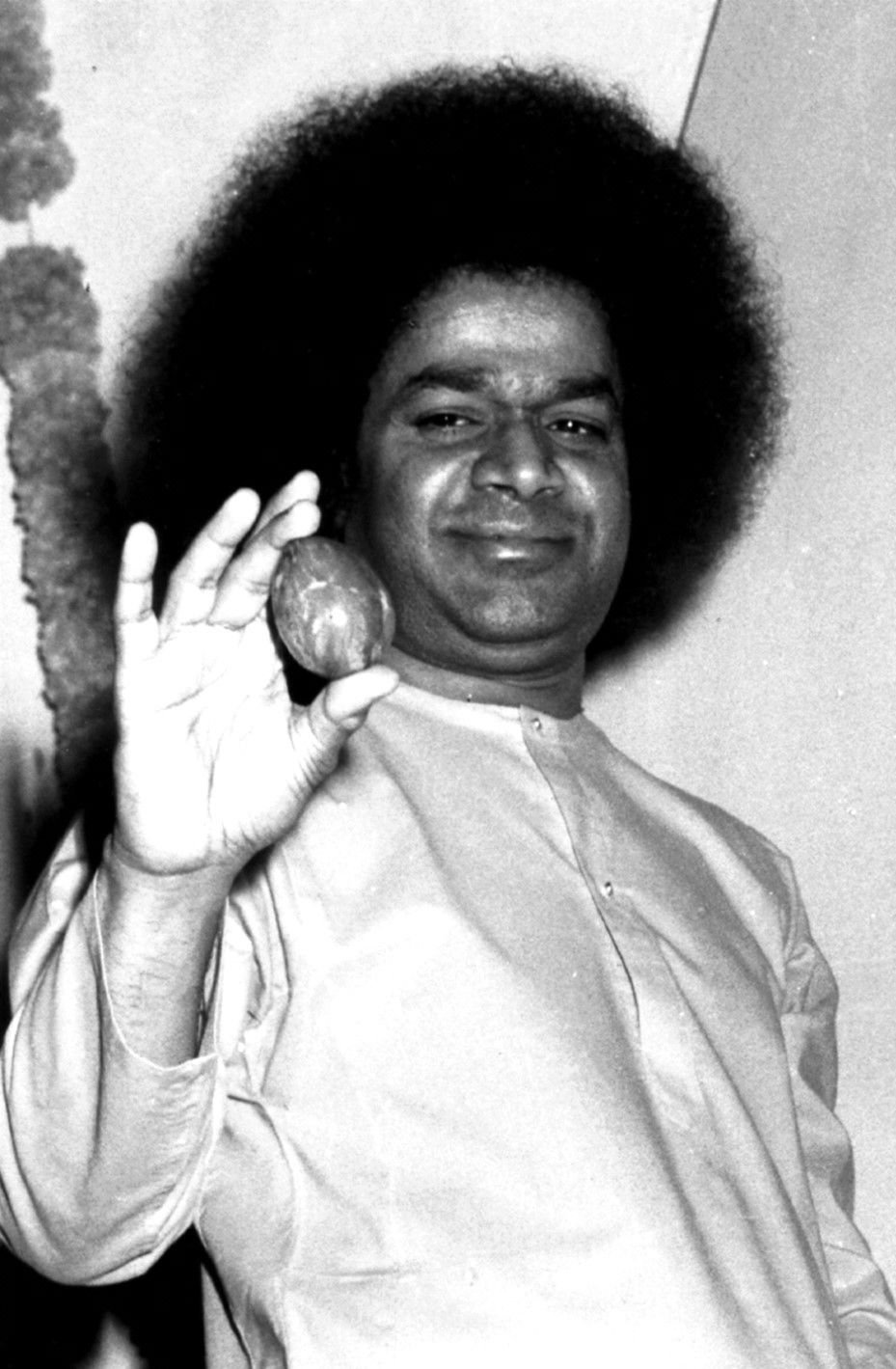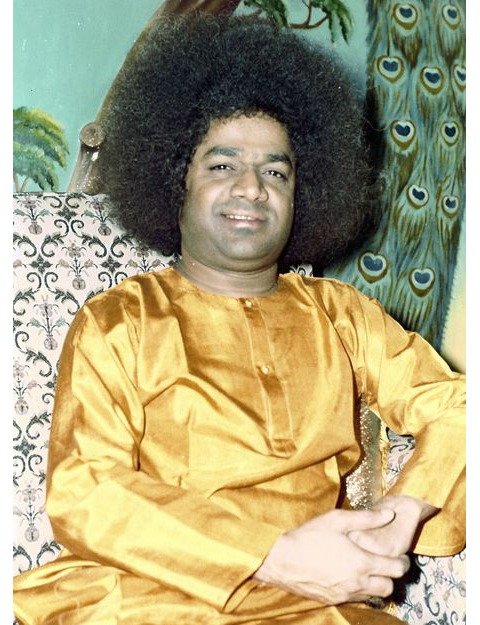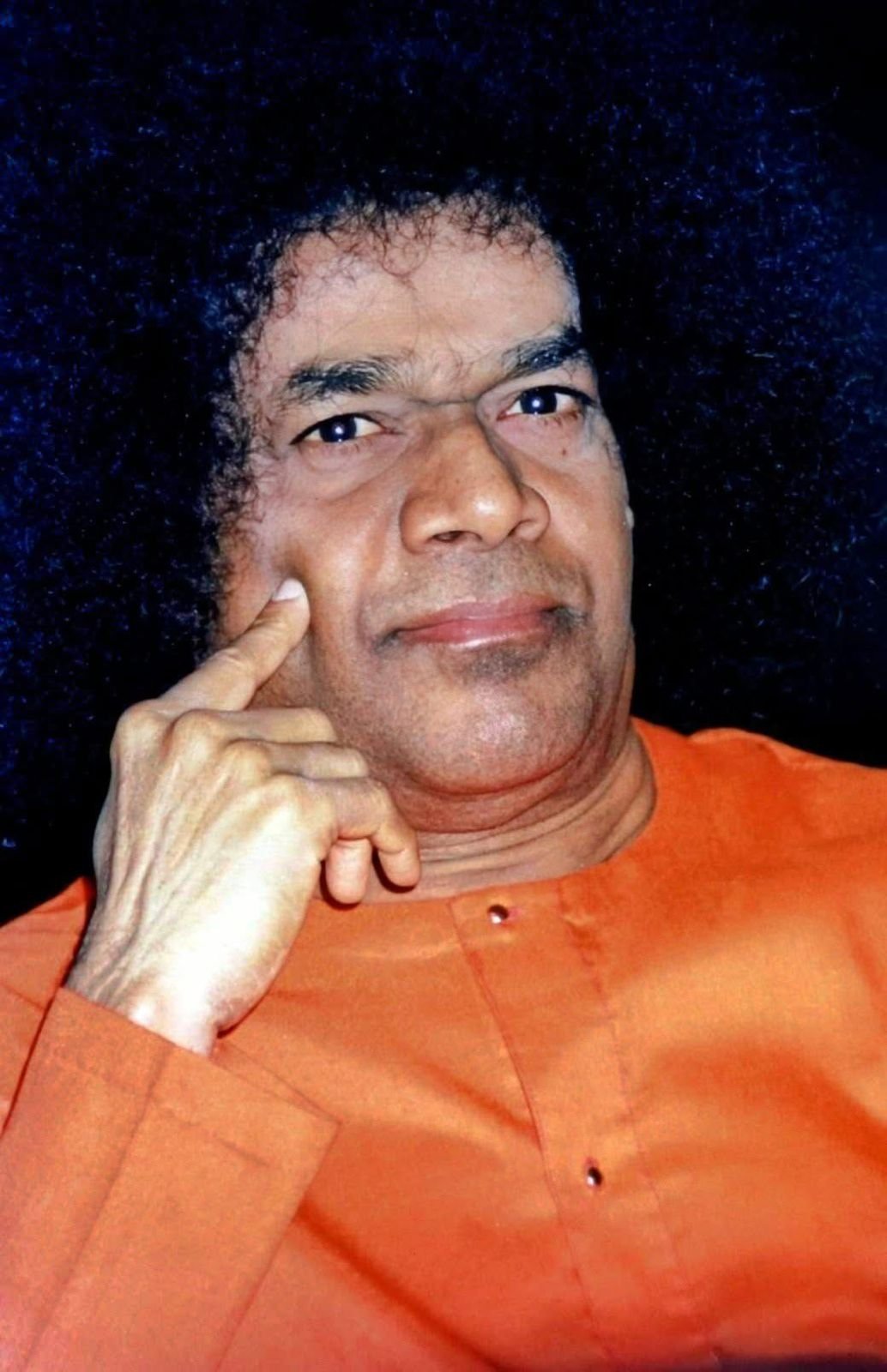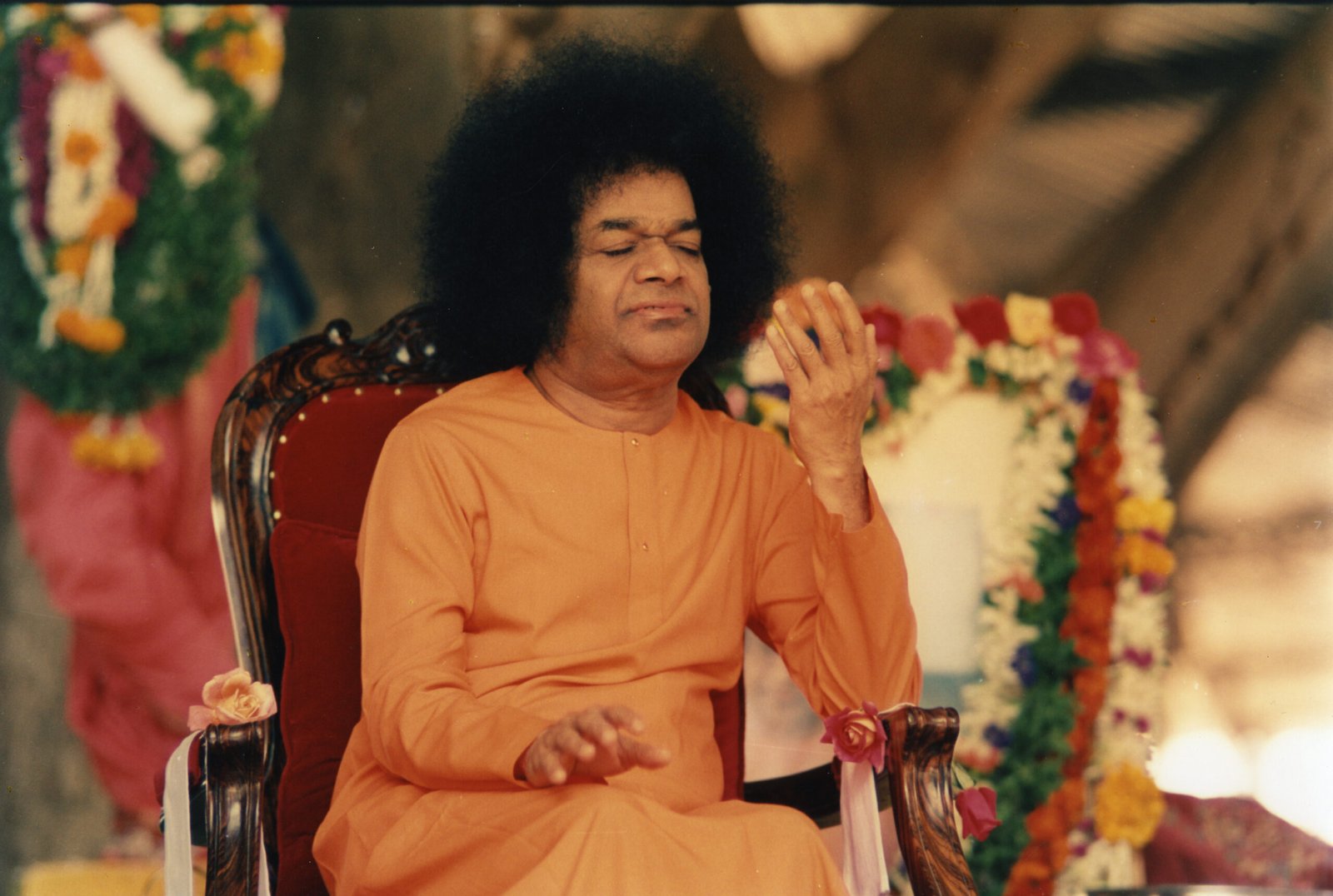Volume Twenty Seven (1994)

Sathya Sai Speaks – Volume 27 (1994) is a significant collection of Bhagawan Sri Sathya Sai Baba’s discourses that centre on the themes of love, service, purity, faith, self‑surrender, and the inner journey toward God. Published by the Sri Sathya Sai Books & Publications Trust, this volume gathers talks delivered on various occasions—festivals, educational gatherings, health symposia, and devotional events—and weaves together practical guidance and spiritual insight. One of the foundational teachings in this volume is the need to limit desires (ceiling on desires) and thereby lighten one’s inner burden so that peace may emerge. As Baba points out, unlimited desires weigh down the heart and hinder progress, while restricting them leads to serenity and steadiness of mind. Another recurring motif is service without selfish motive: Baba emphasizes that when work is offered to God, it becomes worship, and when service is rendered without craving for reward, it purifies one’s heart and dissolves ego. In many discourses he stresses that divine grace (prasada) is not earned by ritual or display, but is drawn by steady devotion, love, and surrender of the ego. The teachings also highlight the critical role of purity—not only of body but of mind, speech, and feeling—and how impure tendencies must be continuously cancelled through self-discipline, vigilance, and aspiration.
Several chapters focus on education with character: Baba addresses students and educational institutions, urging that true education should build not only intellectual capacity but also human values, integrity, humility, and service-mindedness. In his talk “Spiritual Orientation to Education,” for example, he insists that academics must be complemented by moral strength and devotion. Furthermore, Baba delves into the interplay of health, body, mind, and spirit: he speaks in symposia about how disease is not merely physiological but arises from imbalance in thought, emotion, and character. He encourages healthcare professionals to treat patients with love, dignity, and understanding, and to view their service as sacred duty.
Another deep spiritual strand in Volume 27 is the inner identity—the constant reminder that the individual is not the body, the mind, or the ego, but the eternal Atma (Self). Many discourses call for turning within, meditating on that inner reality beyond temporal roles and limitations. Baba urges devotees to recognize that the external world is shaped by inner states; when one transforms one’s heart, the external life also becomes a reflection of divinity. He warns against pride in one’s knowledge or position, reminding all that the ego is the veil that hides the divine Self; only by surrendering pride and attachment can the inner light shine forth.
Throughout, the tone of Volume 27 is not merely idealistic, but deeply practical—Baba gives pointers on how to fight negative traits like envy, anger, and restlessness; how to cultivate patience, equanimity, and faith; how to make every action a silent prayer, how to speak with kindness, how to live humbly. The volume also includes discourses tied to festivals and rituals, where he expands their significance—not as external ceremonies alone, but as supports to uplift internal devotion. In essence, Volume 27 is a spiritual guide for seekers of all levels: it calls them to purify desire, surrender ego, serve selflessly, cultivate inner strength, and steadily fix attention on the divine presence within. It reassures that when love, humility, and sincerity become one’s constant inner attitude, life itself becomes a form of worship and the soul steadily draws nearer to God.


